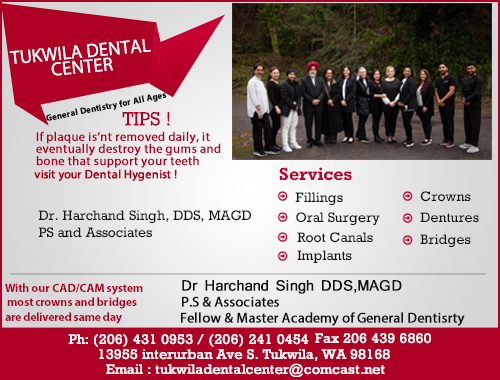Sensitive teeth

Why are my teeth sensitive?
Tooth sensitivity is caused by the stimulation of cells within tiny tubes located in the dentin (the layer of tissue found beneath the hard enamel that contains the inner pulp). When the hard enamel is worn down or gums have receded – causing the tiny tube surfaces to be exposed – pain can be caused by eating or drinking food and beverages that are hot or cold; touching your teeth; or exposing them to cold air.
Hot and cold temperature changes cause your teeth expand and contract. Over time, your teeth can develop microscopic cracks that allow these sensations to seep through to the nerves. Exposed areas of the tooth can cause pain and even affect or change your eating, drinking and breathing habits. Taking a spoonful of ice cream, for example, can be a painful experience for people with sensitive teeth.
Is tooth sensitivity a common condition?
Sensitive teeth is one of the most common complaints among dental patients. At least 45 million adults and 5 million Canadians, suffer at some time from sensitive teeth.
How can I avoid sensitivity?
Some toothpastes contain abrasive ingredients that may be too harsh for people who have sensitive teeth. Ingredients found in some whitening toothpastes that lighten and/or remove certain stains from enamel, and sodium pyrophosphate, the key ingredient in tartar – control toothpastes may increase tooth sensitivity.
To prevent sensitivity from occurring, use a soft – bristled toothbrush. Avoid using hard bristled tooth brushes and brushing your teeth too hard, which can wear down the tooth’s root surface and expose sensitive spots. The way to find out if you’re brushing your teeth too hard is to take a good look at your toothbrush. If the bristles are pointing in multiple directions, you’re brushing too hard.
How do I know when it’s time to see a dentist?
If a tooth is highly sensitive for more than three to four days, and reacts to hot and cold temperatures, it’s best to get a diagnostic evaluation from your dentist to determine the extent of the problem. Before taking the situation into your own hands, an accurate diagnosis of tooth sensitivity is essential for effective treatment to eliminate pain. Because pain symptoms can be similar, some people might think that a tooth is sensitive, when instead, they actually have a cavity or abscess that’s not yet visible.
How do I describe my symptoms to my dentist?
Sensitivity may be defined as a short s
Author : Dr. Harchand Singh DDS
http://www.drharchandsingh.com
|









